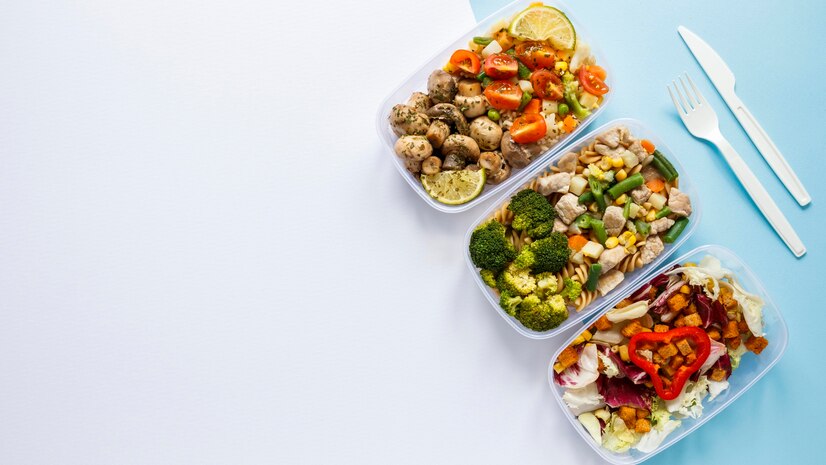Introduction to Healthy Meal Prep
In the realm of nutrition, Healthy Meal Prep refers to the practice of planning, preparing, and packaging meals in advance. This proactive approach not only saves time but also ensures that you have access to wholesome, homemade meals throughout the week. By investing a small amount of time upfront, you can reap significant rewards in terms of health and well-being.
Planning Your Meals
Effective meal prep begins with careful planning. Start by assessing your dietary needs and goals. Whether you’re aiming to lose weight, build muscle, or simply eat more mindfully, understanding your nutritional requirements is key. Once you’ve identified your objectives, select recipes that align with your preferences and lifestyle.
Grocery Shopping and Ingredient Preparation
With a meal plan in hand, it’s time to hit the grocery store. To streamline the process, compile a comprehensive shopping list based on your chosen recipes. Prioritize fresh produce, lean proteins, whole grains, and healthy fats. Upon returning home, dedicate some time to washing, chopping, and portioning your ingredients for easy assembly later on.
Effective Meal Prep Techniques
When it comes to meal prep, efficiency is paramount. Embrace batch cooking as a time-saving strategy, preparing large quantities of food that can be portioned out over several days. Invest in kitchen tools such as slow cookers, Instant Pots, and meal prep containers to streamline the process further. Remember to label your meals with dates and contents to avoid confusion.
Creating Balanced and Nutritious Meals
A successful meal prep routine hinges on variety and balance. Aim to incorporate a diverse array of nutrients into your meals, including lean proteins, complex carbohydrates, and heart-healthy fats. Experiment with different flavors, textures, and cuisines to keep your taste buds engaged. Don’t forget to accommodate any dietary restrictions or preferences you may have.
Tips for Success and Sustainability
As with any lifestyle change, consistency is key to long-term success. Find a meal prep routine that fits seamlessly into your schedule and lifestyle. Stay organized by designating specific days for planning, shopping, and cooking. Be open to tweaking your approach based on feedback and results, adapting recipes and techniques as needed.
Overcoming Common Challenges
While meal prep offers numerous benefits, it’s not without its challenges. Many individuals struggle with time constraints, meal boredom, and the risk of food waste. Combat these issues by experimenting with different recipes, exploring new ingredients, and repurposing leftovers creatively. Remember, practice makes perfect, and persistence pays off.
FAQs About Healthy Meal Prep
- What are some easy meal prep ideas for beginners?
- Beginner-friendly meal prep options include overnight oats, sheet pan dinners, and mason jar salads.
- Can I freeze prepared meals?
- Yes, many prepared meals can be frozen for later consumption, provided they are properly packaged to prevent freezer burn.
- How long can I store prepped meals in the fridge?
- Most prepped meals will stay fresh in the fridge for 3-4 days, though this may vary depending on the ingredients used.
- Is meal prep suitable for weight loss?
- Yes, meal prep can be a valuable tool for weight loss, allowing you to control portion sizes and monitor calorie intake more effectively.
- How do I prevent my meals from becoming soggy or bland?
- To maintain freshness and flavor, store wet and dry ingredients separately and incorporate robust seasonings and sauces.
Conclusion
In conclusion, healthy meal prep is a simple yet powerful strategy for promoting nutrition and wellness. By taking proactive steps to plan, prepare, and portion your meals, you can streamline your dietary habits and make healthier choices effortlessly. Embrace the journey towards a healthier lifestyle, one delicious meal at a time.



